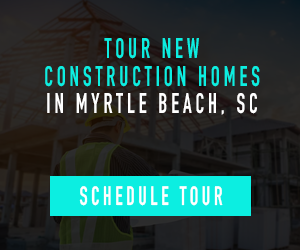
Proponents of the 1099 rule say that 1) various states permit it; and 2) federal rules allow it in some circumstances. Regulation Z Paragraph 36(f)(2) states that a mortgage brokerage is “responsible for verifying that the loan originator individuals who work directly for it are licensed and registered in accordance with applicable law, whether the individual loan originators are its employees or independent contractors who operate pursuant to a brokerage agreement.”
I realize we’re getting a little heavy in the legalese. Here’s how the mortgage executive described his real issue with the rise of 1099 LOs:
“The broker mentality is, ‘I’m just gonna pay on split and I’m gonna do an 80.’ They actually do recruiting videos and recruiting calls. It’s blatant. It’s not like, ‘James, I’m gonna put you on an 80/20, split, but please, buddy, don’t tell anybody. No, no, no, it’s a recruiting play!”
He continued: “However much you can sell, you’ll get a percentage of that. So now you have an incentive to get as much as you can. Because now you’re on 80% of whatever you can generate. So if you’re dealing with a customer who is not savvy, then you can shove a loan down their throat and generate thousands upon thousands. Conversely, if it is a savvy and experienced borrower, you can drop your comp, barely make anything but you’ll be fine.”
A $40 million-a-year producer who has their own 1099 corporation and is “paid on production,” might receive 250 bps per loan, he said. Of course, the LO will have to shoulder most of the costs by paying their own LOA/processor, doing all marketing, eating credit report fees and more. The brokerage takes 20% but, per the source, really only offers system access (ARIVE in most cases), investor approvals and AMC access. It’s not a lot of work on their part, he said.
“Many broker shops, knowing that they are not at risk of attention from regulators, are throwing caution to the wind; bringing back all those old practices that tarnished the reputation of this industry so many years ago,” he said. “A common setup right now is for a loan officer recruited by a broker shop to be setup as an outside contractor (1099), (sorry to say but …) paying referral fees (kickback) to the Realtor who sent the loan their way, and then making a pre-determined percentage (split) of the revenue a loan generates.”
Flavia Furlan Nunes and I have done a couple features on LO Comp issues over the last year, and this is our next subject in the series. We’ll be doing a bigger feature on this in the coming months, so if you have thoughts to share, hit me up on email ([email protected]) or on LinkedIn.
First Time Home Buyer FAQs - Via HousingWire.com










